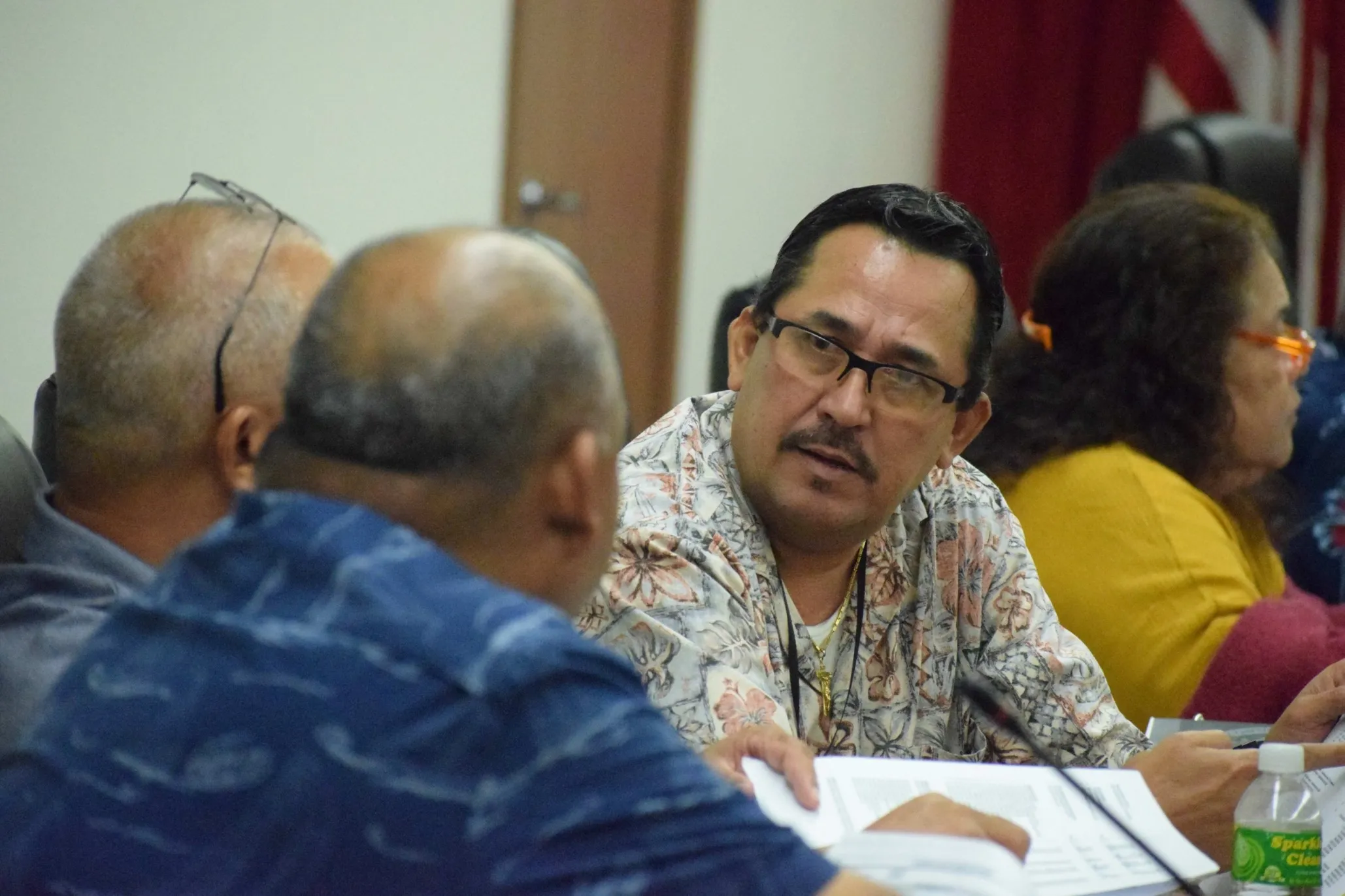
By Zaldy Dandan – Variety Editor
THE late great Hans Rosling, in his important 2018 book “Factfulness,” said we should teach our children “what life was really like in the past so that they do not mistakenly think that no progress has been made.”
In her brilliant “Bourgeois” trilogy, the economist and historian Deirdre N. McCloskey explains how the world’s rich countries achieved progress and why less developed nations can do the same. She noted that from 1800 to 2000, the world’s population increased by a factor of six. And yet, she added, contrary to well-known forecasts of doom, the goods and services consumed by the average person has not fallen.
McCloskey noted that British historian Thomas Macaulay, writing in 1830, said: “We cannot absolutely prove that those are in error who tell us that society has reached a turning point, that we have seen our best days. But so said all who came before us, and with just as much apparent reason.”
Macaulay was right, McCloskey said.
“The amount of goods and services produced and consumed by the average person on the planet has risen since 1800 by a factor of about eight and a half,” she added. “Never had such a thing happened. Count it in your head: eight and a half times more actual food and clothing and housing and education and travel and books for the average human being — even though there were six times more of them…. Even unhappy Africa’s income per head has in real terms…more than tripled since the early nineteenth century despite an alarming collapse in some parts after the 1970s.
“In places like Hong Kong or Taiwan or France or the United States…national income per head has risen by a factor of as much as, for example, nineteen. Goodness. Nineteen. Understand, that’s not a mere 100 percent or 200 percent more to eat and read and wear than two centuries ago. It is eighteen hundred percent more.”
Some would say, “Ah, but at the cost of a worse quality of life.”
But no, Closkey said. “The quality of life you personally lead…is better than the lives of your thirty-two great-great-great-great grandparents. I’ll speak for myself. An Irish peasant woman digging pratties [potatoes]…in 1805 or a Norwegian farmer of thirty acres of rocky soil…in 1800 or the American daughter of poor English people in 1795 Massachusetts had brutish and short lives. Many of them could not read. Their horizons were narrow. Their lives were toilsome and bitter.”
Closkey cited the following entry from the 1785-1810 diary of Martha Ballard of Maine — a wife and midwife who belonged to the literate half of adult women in the U.S. at the time:
“I attended the funeral of [name of child obscure], who deceased 19th instant, being 4 years and 1 day old…. Captain Lamb’s wife [and] Solon Cook’s and Ebenezeer Davis Jr.’s wives, died in child bed; infants deceased also…. A storm of snow; cold for March…. I had two falls; one on my way here, the other on my return…. I traveled some roads in the snow where it was almost as high as my waist…. I was at home this day…making soap and knitting…. Was called at a little past 12 in [the] morning by Mr. Edson, to go to his wife being in travail…. The river [was] dangerous but [I] arrived safe through Divine protection…. I could not sleep for fleas. I found 80 fleas after I came home…. Cleared some of the manure from under the out house…. Iced-over [rain] barrel.”
Closkey asked, “Is any of this, dear reader, typical of your life in a modern…society?”
Some may say, “Ah but the environment was better.”
Again, no. “Air quality during the past fifty years has improved…in every rich city in the world…. Remember smoky crofters’ cabins. Remember being tied in Japan by law and cost to one locale. Remember American outhouses and iced-over rain barrels and cold and wet and dirt. Remember in Denmark ten people living in one room, the cows and chickens in the other room. Remember in Nebraska sod houses and isolation. Remember a very reasonable terror in the face of nature, wolves roaming in packs during the seventeenth century even in the highly urbanized Low Countries. Remember horse manure in New York and soft coal in London. This is what we have escaped, thanks to…liberal capitalism.”
In the case of the CNMI, reading past issues of Variety and older (now defunct) publications clearly shows the tremendous progress achieved by the local people since they established a self-governing Commonwealth. In terms of education, public health facilities and services, infrastructure, disaster response, recreational activities, quality of life, and opportunities, today’s CNMI is what many people aspired to during the economically stagnant Trust Territory days.
If only we had a time machine to bring some of the people from, say, the late 1960s or early 1970s to see today’s public schools, NMC, CHCC, homestead subdivisions, airports, seaports, hotels, restaurants, grocery stores, and the docks and beaches where recreational boats are now a common sight — how amazed they would be.
In the early 2010s, two former local residents visited Saipan for the first time since 1977, and the first thing that struck them was the island’s paved roads, concrete buildings, and typhoon-proof houses. “Wow,” they said.
Many of us lack a sense of appreciation for what we have now because, more often than not, we don’t know what we didn’t have in the past — a past whose idealized version we prefer, even though it never truly existed.
Then and now, most of us fall prey to the Nirvana fallacy: rejecting what has worked, and what can work again, in favor of a “perfect solution” that exists only in a future perpetually just out of reach.
In the CNMI’s case, what sets its people apart from the predicament of the islanders in the TT days is this remarkable fact: today, they are U.S. citizens who, like their fellow Americans, can go anywhere in their vast and prosperous country to fulfill their own vision of a better life. Like other Americans, they have plenty of options — including remaining on their home islands to figure out how to make life here better than it is now, without forgetting the progress the CNMI has already made and the ever-changing challenges it will continue to face.
Send feedback to editor@mvariety.com
Zaldy Dandan is the recipient of the NMI Society of Professional Journalists’ Best in Editorial Writing Award and the NMI Humanities Award for Outstanding Contributions to Journalism. His four books are available on amazon.com/.











